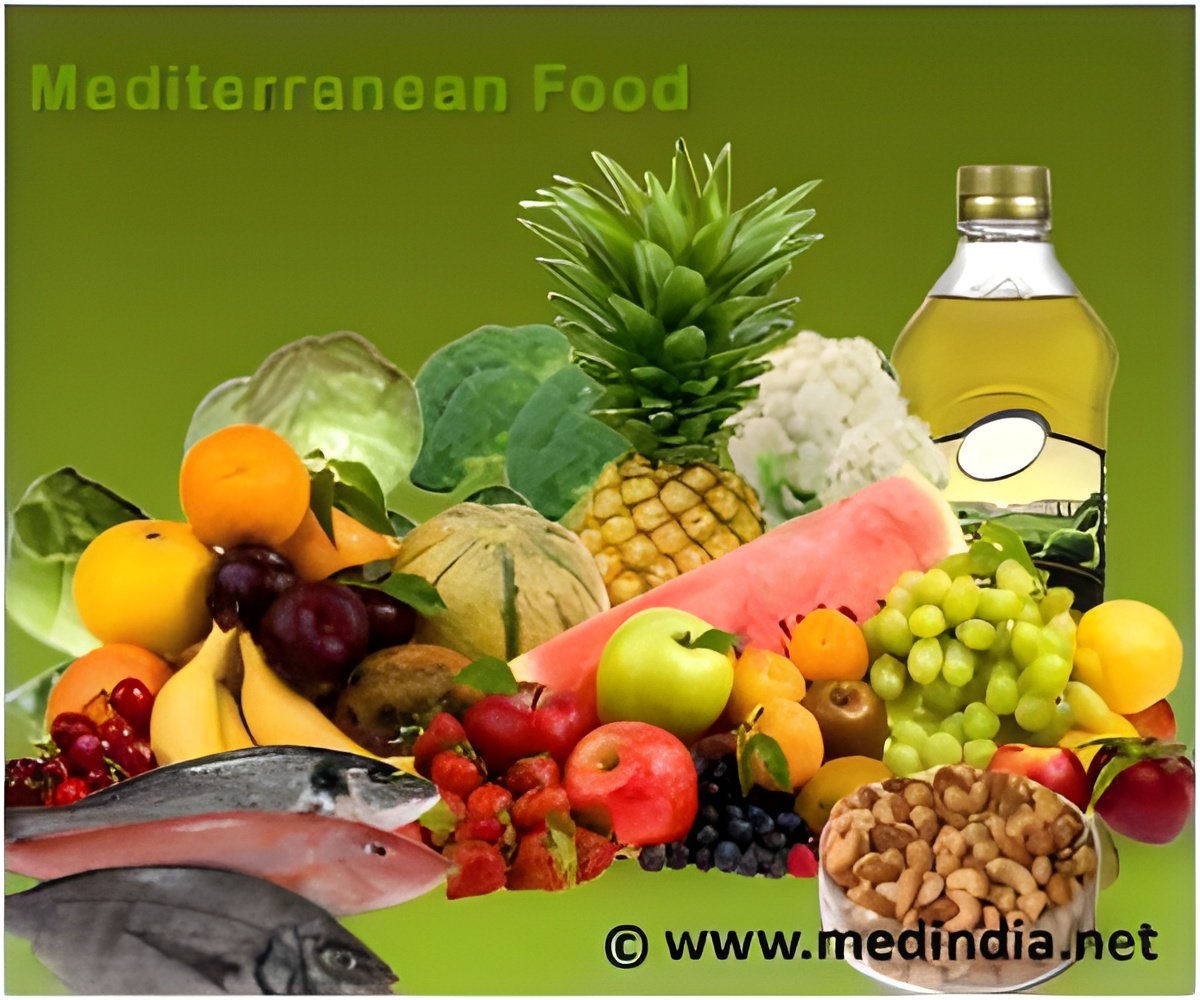Mediterranean diet, which had been assessed through an index made with biomarkers of plasma and urine during a 20-year scientific monitoring, is associated with a lower mortality in adults of older age.

‘Mediterranean diet, which had been assessed through an index made with biomarkers, is associated with a lower mortality in adults over 65.’





This study has been published in the journal BCM Medicine, and it has been processed in collaboration with the National Institute on Ageing (NIA) of the United States. According to this study, the analyses of dietary biomarkers in plasma and urine could be the individualized food assessment for old people.This study is based on the InCHIANTI project, conducted in the region of the Italian Tuscany, a study that has been carried out during 20 years in a total of 642 participants (56% women) aged over 65 or more, which enabled researchers to obtain a complete data on food biomarkers.
“We develop an index of dietary biomarkers based on food groups that are part of the Mediterranean diet, and we assess their association with mortality,” said the UB Professor Cristina Andrés-Lacueva, head of the research group in CIBERFES.
In this study, researchers chose the reference levels of the following dietary biomarkers in the urine: total polyphenols and resveratrol metabolites (from grape intake) and presents in plasma, plasma carotenoids, selenium, vitamin B12, fatty acids, and their proportion of monounsaturated and saturated fatty acids. They have used a predictive model, and were evaluating the associations of the Mediterranean diet index and the food-frequency questionnaire (FFQ) with mortality.
During the years of monitoring of the study, there were 425 deaths (139 due to cardiovascular diseases and 89 due to cancer-related causes). Once the models were analyzed, the scores of the Mediterranean diet using the biomarkers were inversely associated with all causes of death.
Advertisement
Source-Medindia













